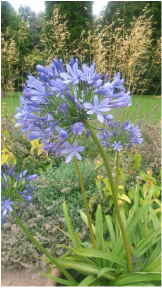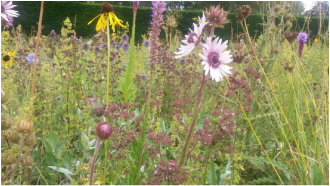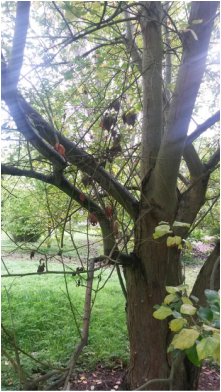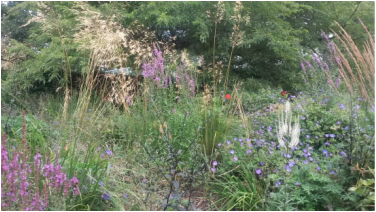




Clarice is fortunate to be a resident at St George's Court Care Home in Cambridge. The pottery class is run by Bob Race.
In addition to the usual websites, some interesting links relating to dementia can be found here.
Information on the US iPod project, including Donate an iPod and Adopt a Care Home, here.
'Alive Inside' is showing again at the Arts Picturehouse in Cambridge this Thursday 20th August at 18.30, and again at Addenbrookes Hospital in early September as part of their Dementia Awareness campaign.
All photographs taken on recent visits to Cambridge University Botanic Garden.
 RSS Feed
RSS Feed
